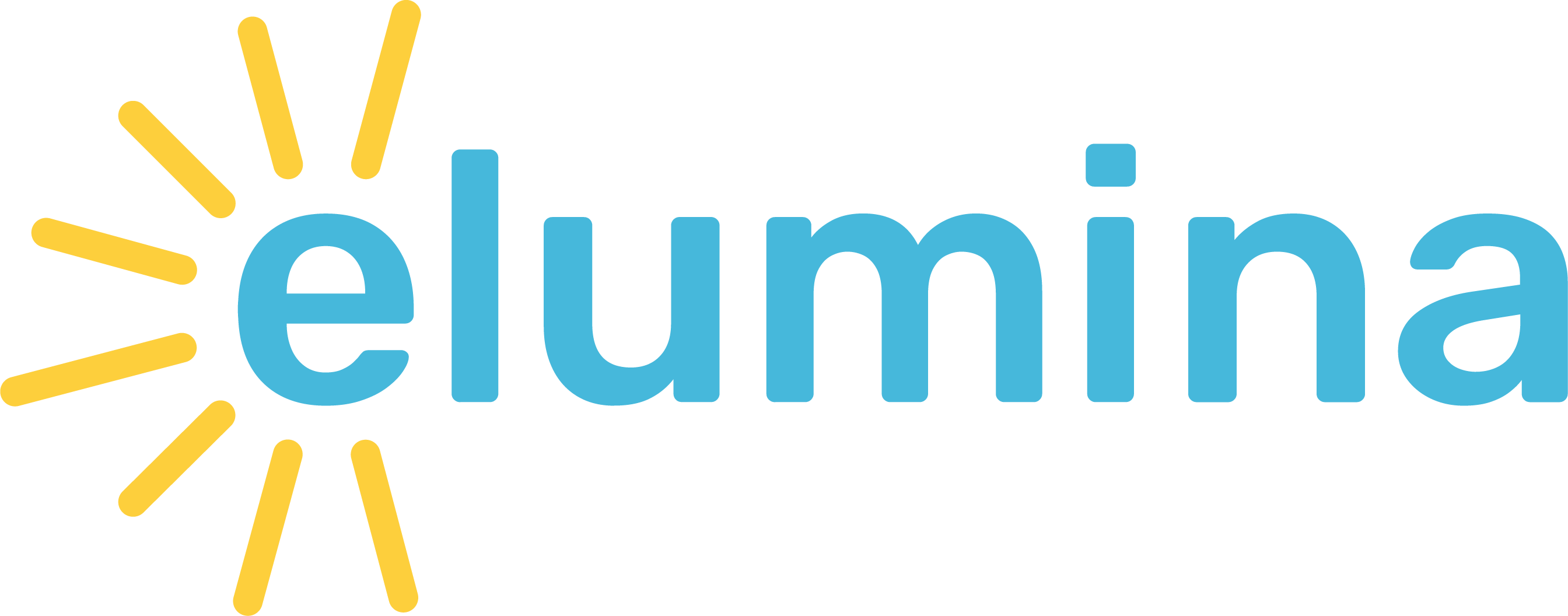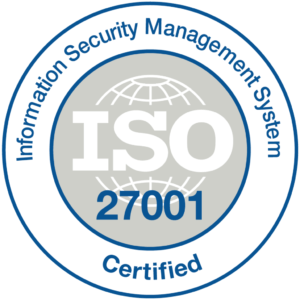
Moving forward not back to basics?
There has been a reinvigoration of a rhetoric for ‘Back to the basics’ recently, led by NAPLAN and PISA results, in NSW and across Australia. This term is meant to place a focus on the ‘basics’ of literacy and numeracy, that have propelled learners from the industrial age, whereby mass education become a focus.
We need to ask: Will the concept of going backwards to what may have once been successful, guarantee success for learners? More importantly, for our learners who are facing a continually changing future, that they themselves will have to be the creators.
Let us first look at the definitions of literacy and numeracy, considered ‘the basics’. More often than not, the perception of being literate aligns with that of the Merriam Webster dictionary as “able to read and write” and the term numerate as “having the ability to understand and work with numbers”.
There are extensions of these definitions, as detailed below, but how many people would stretch their definition to include the features detailed below: Do these represent the popular perception of these terms?
“Literacy involves students listening to, reading, viewing, speaking, writing and creating oral, print, visual and digital texts, and using and modifying language for different purposes in a range of contexts.” 1
Numeracy “involves students recognising and understanding the role of mathematics in the world and having the dispositions and capacities to use mathematical knowledge and skills purposefully.”
The Programme for the International Assessment of Adult Competencies (PIAAC) which assesses literacy, numeracy and problem solving in the new information age defines literacy as “the ability to identify, understand, interpret, create, communicate and compute, using printed and written materials associated with varying contexts. Literacy involves a continuum of learning in enabling individuals to achieve their goals, to develop their knowledge and potential, and to participate fully in their community and wider society”.
We need to reconsider the best definition for literacy to embrace more than above, to address the needs of future citizens and the skills that this includes across the whole lifespan.
This is not to say that traditional understanding of the key skills of literacy and numeracy are of any less value, rather, we need to redefine literacy and these skills to prepare learners for the XXX jobs across their career (FYA).
Consider the following:
- What value is in the skill of reading if a learner cannot distinguish the value and validity of what they are reading
- What value is in reading and writing if learners cannot communicate their learning both face to face and virtually
- What value is in basic arithmetic if it cannot be applied in real world situations such as determining the best mortgage rates?
- What value is in basic arithmetic if it cannot be applied in real world situations such as determining creating budgets and planning for their future?
- Want value is in reading, writing, numbers, if learners cannot create and share reports, summaries, or business cases for personal reasons? Or in the context of a workplace? Or as an entrepreneur?
We need to move forward to the ‘new’ basics, NOT back to what may have served us well in the past.
“Literacy and numeracy can only unfold their full potential to ‘transform our world’ if they are approached from a lifelong learning perspective” 2
What are the new basics?
Literacy is no longer just ‘literacy’ in the traditional form but should encompass four key skills across the lifespan, literacy is defined as being literate, across all of the ‘new basics’:
This would result in a well-rounded learner, prepared for now, and the future that they will be prepared to create. Successful learners will be defined as those:
- Whom can create and source qualitative and quantitative evidence.
- With the ability to “understand and respond appropriately to written texts” and in fact information in any form (images, graphs etc).
- With the ability to “use numerical and mathematical concepts” to argue a case, report or evidence.
- Who are financially and statistically literate.
- Who think critically when accessing media and information. See the Australian media literacy alliance.
- In the context of digital citizenry, prepared to identify, utilise and create digital capabilities. Capacity as digital citizens across seamless physical, virtual and social environments.
- Who are highly skilled in “problem solving in technology-rich environments – the capacity to access, interpret and analyse information found, transformed and communicated in digital environments.”
- Will be prepared with enterprising skills that are transferrable across different jobs, defined by FYA (2015) as powerful predictors of long-term job success and performance. These skills include “communication, project management, financial literacy, digital literacy and the ability to critically assess and analyse information, be creative and innovate”.
- Will be engaged in lifelong learning in preparation for “potentially having 17 different jobs over 5 careers in their lifetime” (FYA, 2017).
These skills and aptitudes underpin The OECD Learning Compass 2030 which “defines the knowledge, skills, attitudes and values that learners need to fulfil their potential and contribute to the well-being of their communities and the planet”. It appreciates the importance of the three foundations identified (cognitive, health, and the social and emotional foundations, recognising physical and mental wellbeing as foundations to support the literacies for the future identified here.
This re-definition of literacy does not negate the other literacies, which then in fact become differentiators. These literacies range in definition from those defined by ACARA (General Capabilities), EU Key competencies for lifelong learning, NASA Expeditionary Skills for Life, Partnership for 21st Century Skills and 21st Century Skills (Tony Wagner), amongst many others.
Literacy and numeracy as traditionally understood and accessed are no longer sufficient to prepare for our future. We need to embrace the new definitions of literacy as four key literacies, balanced with knowledge, both in the assessment, building and demonstration of these skills.
Kathleen Donohoe
Director, School Learning Environments and Change at School Infrastructure NSW.
Kathleen is the Director and Founder of Leading Thinking International. She supports school and industry to reimagine learning experiences across physical, virtual, and social learning space, bringing national and international teaching, academic, research, and executive experience. She is an Honorary Research Fellow at the University of Melbourne, MGSE, with the ILETC Project. Kathleen has vast experience developing and implementing strategy for transformation, curriculum renewal, and physical virtual and social learning space, including as Director, Futures Learning at NSW Department of Education.
References
1 ACARA – Australian Curriculum, Literacy version 8.4.
2 Hanemann, 2015, as referenced in UNESCO (2017). Literacy and numeracy from a lifelong learning perspective,
FYA (2015) and (2017). The Foundation for Young Australians, New Work Order Report, (Link to Reports).
Corporate author: UIL [1073] Document code: UIL/2017/PI/H/1 2017.
OECD (2016), PISA for Development Brief 8.
OECD (2020), Mathematics performance (PISA) (indicator). doi: 10.1787/04711c74-en.
Learn more about Eluminas customisable assessments and learning materials here: Assessment Authoring

 1300 313 368
1300 313 368 sales@eluminaelearning.com.au
sales@eluminaelearning.com.au 1 Margaret Street, Sydney, NSW
1 Margaret Street, Sydney, NSW
Recent Comments